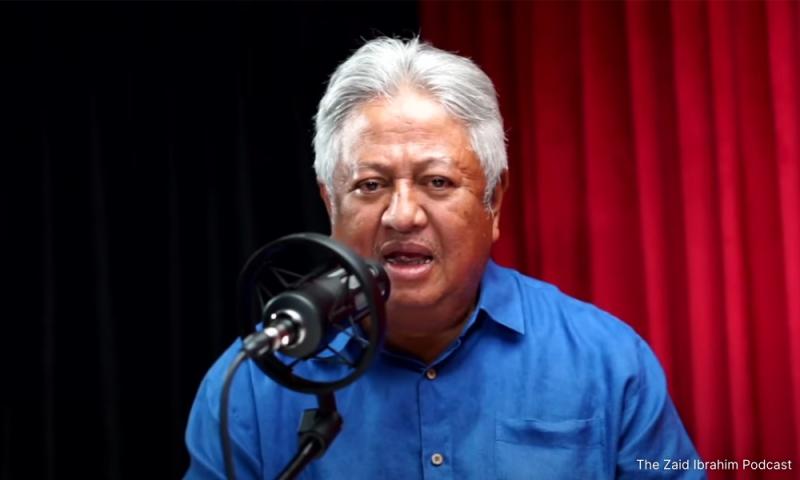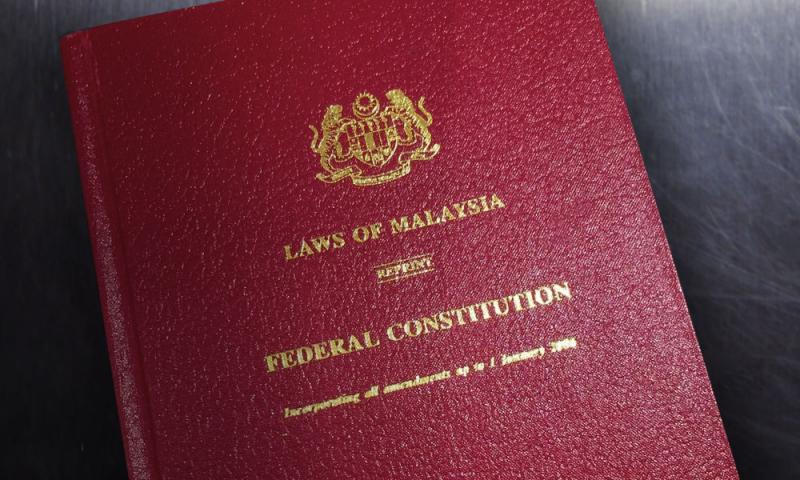LETTER | After six decades, Malaysia is still struggling with its Federal Constitution.
Do we know why we have endless problems when trying to make our constitution work? Simple, we ignore the overarching principles; we apply the provisions in the constitution selectively, and we interpret the constitution based on expediency and parochialism.
I discern there are even deliberate attempts to “rewrite” the constitution.
I believe the Constitution of Malaysia, in spirit and intent, is to provide us with a government of the people, for the people and by the people. Any interpretation that contradicts any of this intent is already wrong in principle.
The government must come from the people, be elected by the people and serve the people. Have we forgotten that the prime minister of this country must be an elected member of the Lower House (Dewan Rakyat)?
The assumption here is blatantly clear – a government not formed and led by the people can’t serve the people. A government not subscribing to democratic principles and not periodically elected by people can’t be removed from power.
The basic structure of the Federal Constitution prescribes that the fundamental power of the federation is given only to the Executive Branch (the cabinet), the Legislature (Parliament) and the Judiciary (the civil courts, not the syariah court).
The basic structure of all state governments too must follow this arrangement because the constitution is the supreme law of the federation.
The different branches of the government shall provide checks and balances among themselves based on the well-established Westminster-style conventions and practices. Power exercised by any other source must be viewed with circumspection and, at most, ceremonial and peripheral.
We must apply the provisions in the constitution consistently based on the agreed principles that this country is a democracy that subscribes to people’s power, adheres to civil laws and respects human rights and the rule of law.
If we apply the provisions based on expediency or compromise, as provisions for political gain, we will soon encounter endless problems, as we see today.
Similarly, we can’t deliberately interpret a single provision in the constitution out of context for political mileage or parochial gains. Worse, we can’t interpret a single provision to overrule the overall intent of our constitution.
Islam is the religion of the federation, but this does not mean Malaysia is an Islamic state or syariah is the law of the land.
How do we know whether an interpretation is taken out of context? Again, it is simple to discern: this is when interpretation violates the basic power structure of our constitution and infringes on the overarching principles of our democracy.
The views expressed here are those of the author/contributor and do not necessarily represent the views of Malaysiakini.





